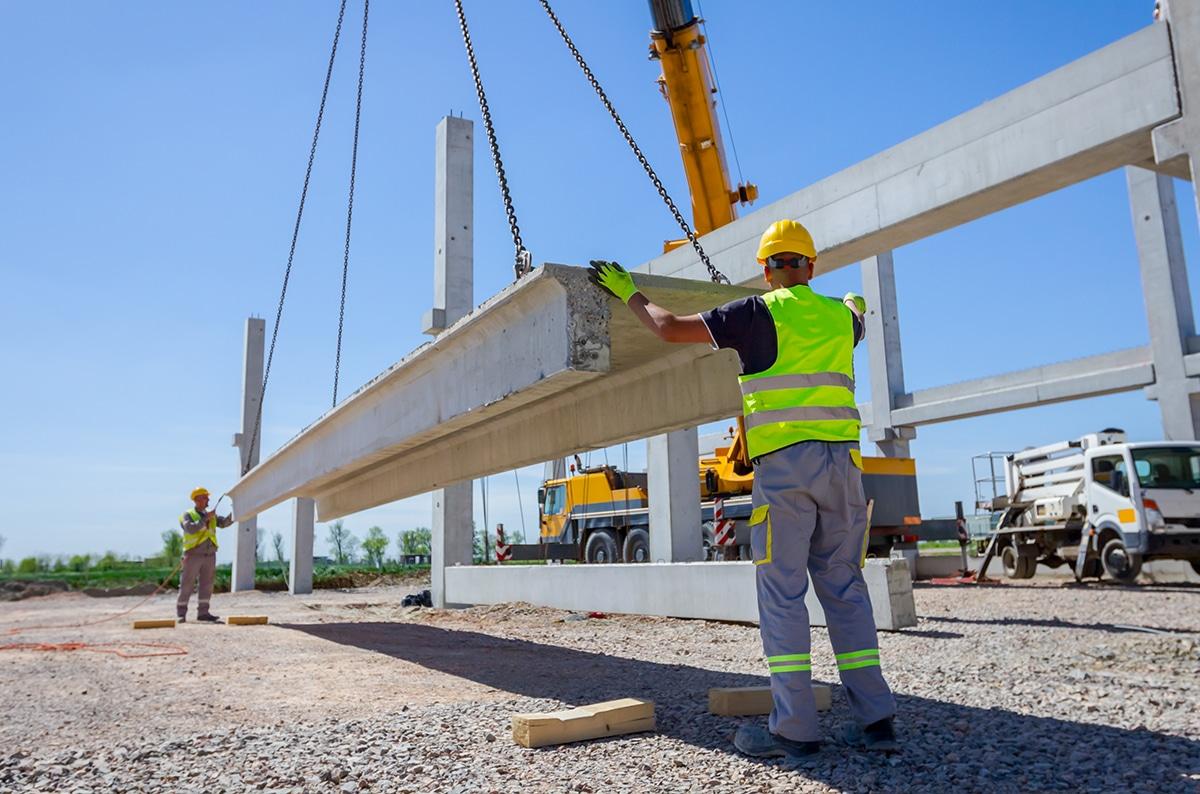Whenever individuals envision construction or major infrastructural developments, the first images that come to mind are the engine clatter, giant machinery, and brute force. Although heavy equipment machinery is indeed the backbone of such operations, another equally important component is the operator at the controls. Regardless of the level of sophistication of a machine, its productivity, safety, and durability are subject to the expertise and diligence of the individual operating it. This is a very important operator-machine relationship that has a direct bearing on the success of any project.
Skill Determines Machine Performance
Heavy equipment machinery is mostly valued in terms of horsepower, fuel efficiency, or modernity. However, these specifications are of little use without a trained operator. The machine is only as productive as the person operating it.
-
Even sophisticated heavy equipment machines demand high operator skills.
-
Proficient operators make the most of productivity through the utilization of features.
-
Unskilled operation may lead to inefficiency, increased fuel usage, and downtime.
As an example, an untrained grader operator may not be able to attain the appropriate slope on a road project, which will be costly in terms of time and money. Meanwhile, a skilled operator can make the same tasks appear easy while completing them accurately.
Operator Training and Modern Technology
Construction equipment technology has developed at a high speed. Modern machines usually have GPS, telematics, automated control, and other features that can simplify complex jobs, provided the operator knows how to use them. These innovations may end up being underutilized or even abused without proper training.
-
Training keeps operators abreast of developments in machine technology.
-
The ability to learn continuously assists operators in adjusting to the new controls and systems.
-
Continuous training programs not only enhance performance but also build operator confidence in their capabilities.
A confident operator will be less prone to errors, more prone to utilize new features, and in a better position to work in difficult conditions.
Safety Depends on the Operator-Machine Relationship
Construction sites never compromise on safety, and much of it depends on how operators use their machines. Although companies implement safety measures, unsafe practices can still endanger everyone.
-
A trained operator minimizes the risk of accidents and equipment misuse.
-
Proper machine handling prevents premature wear and damage.
-
Machinery safety features can only work well when they are applied by the operators in the right manner.
Examples of such safety features are seatbelt alarms, rollover protection, and collision-avoidance devices. These are effective protection devices, but their functionality still relies on the operator's understanding of their importance. A careful and well-trained operator not only protects himself or herself; he or she also protects colleagues and the working environment.
Maintenance Starts with the Operator
Daily machine care is a crucial operator responsibility that is often neglected. Operators are the initial defense against expensive failures. They communicate with the machines daily and are sensitive to any alteration of sound, movement, or performance, which could be a sign of a defect.
-
Operators are the first to be aware of mechanical problems.
-
Daily checklists and inspections help avoid major breakdowns.
-
An oil spill that is detected early can easily be mended with minimal costs. Unchecked, it may turn into a costly failure.
Simple inspections by operators save companies thousands of dollars in repairs and minimize unforeseen downtime.
Communication Between Operators and Fleet Managers
No operator is working alone. Fleet managers directly incorporate operators’ feedback and observations into decisions about machine maintenance and deployment.
-
Operators are able to give real-time machine condition feedback.
-
This input is used by the fleet managers when planning preventive maintenance.
-
Effective communication enhances planning of operations and lessens downtime.
This communication loop ensures that machines are serviced on time and are ready to work reliably. In this sense, the operator isn't just a machine operator; they also act as the conduit connecting the workplace and the management.
Boosting Productivity Through Operator–Machine Synergy
Once an operator and machine are in harmony with each other, productivity is high. Contractors accomplish projects ahead of schedule, keep fuel consumption low, and deliver higher-quality work.
-
Qualified operators are able to complete projects in a shorter period of time without reducing quality.
-
Effective operation saves fuel and operational expenses.
-
Confidence of the operator in the machinery increases morale and output of the project.
Take an example of an excavator operator who understands the proper position of the bucket and how to operate the hydraulics very effectively. They transport more material within a shorter period of time and consume less fuel, thereby saving time and resources.
Sum Up
The relationship between the heavy equipment machinery and the operator is not only significant but is also necessary. Machines only supply the power, but the operators supply the brains, judgment, and ability that lead to success. A company that invests in operator training and emphasizes the operator-machine relationship will see increased productivity, reduced maintenance expenses, and safer workplaces. Machines may get the limelight in the construction world, but the actual work is done by those driving them.
FAQs
Q1. Why is operator training so important for heavy equipment?
A: Training makes sure that the operators can operate the machinery in an efficient, safe, and up-to-date way, utilizing modern technological features, which ensures fewer accidents and less downtime.
Q2. Can operators really impact maintenance costs?
A: Yes. Operators have a tendency to identify minor problems before they become expensive. Their daily inspections and good maintenance extend the life of the equipment to a great extent.
Q3. What role does communication play between operators and managers?
A: The operator feedback assists the fleet managers in scheduling maintenance, managing resources, and planning to minimize delays and unforeseen breakdowns.
Q4. Is investing in operator training worth the cost?
A: Absolutely. Training is a smart long-term investment because skilled operators are able to maximize the machine's potential, improve productivity, and reduce safety risks.

Join our community to interact with posts!